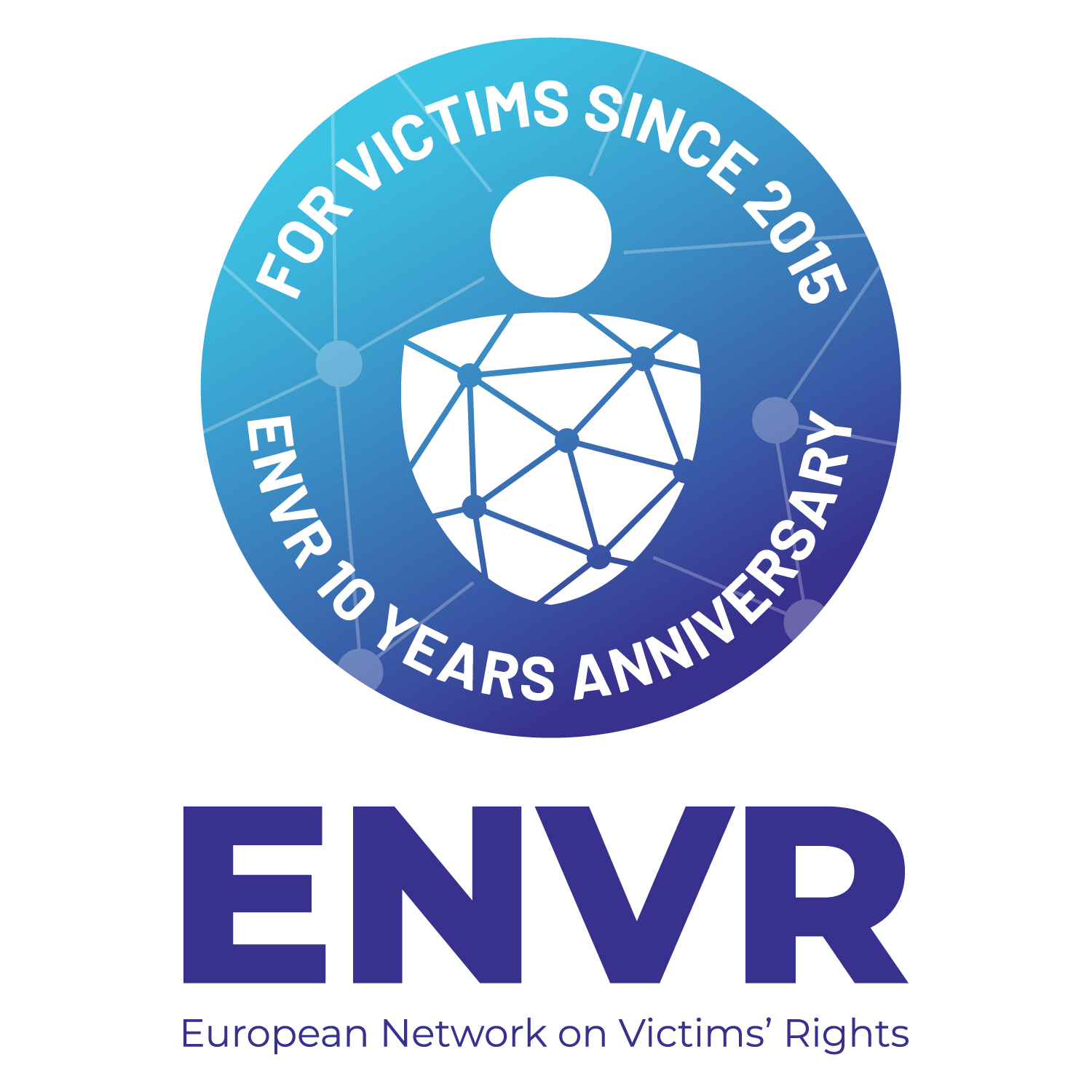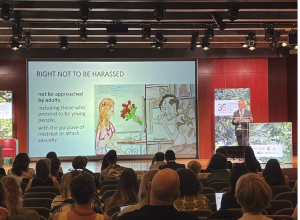On 20 December 2019, Victim Support Europe (VSE) officially announced that it had won the tender launched by the European Commission for setting up the EU Centre of Expertise for Victims of Terrorism (“EU Centre”). The aim of the EU Centre is to assist EU Member States in ensuring effective transposition and practical application of the EU rules on victims’ of terrorism, to develop a hub of expertise and to provide concrete measures impacting positively victims of terrorism. The creation of the EU Centre is a first step, as part of a pilot project, that could lead to a possible setting up of a EU Coordination Centre for Victims of Terrorism in the future (second step).
The EU Centre is run by a consortium led by VSE. Further members of the consortium are Arq Impact, Fondation Lenval, and the AFVT, moreover two consulting companies: ICFI and Ecorys. Also, the Centre is supported by many victim organizations making up VSE’s membership.
The kick off-meeting of the EU Centre took place on 24 January 2020 in Brussels (Belgium) at which ENVR Management members participated. Mr. Victor Jammers, Program Manager of the pilot project, took this opportunity to discuss about the vison of the EU Centre and its main fields of action: advisory services, elaboration of guidelines, delivery of training, and ensure coordination and communication related to the support of victims of terrorism at EU-level.
The activity of the EU Centre is supervised by the EU Commission with the assistance of an Executive Committee. The Commission has planned to organize a meeting of the Executive Committee twice during the two years length of the pilot phase (once a year), in order to follow the evolution of the Centre and to ensure that it meets with the European Commission’s expectations. The Executive Committee is composed of two representatives of the European Commission (from the DG JUST and DG HOME), one representative of ENVR, one representative of victim support organizations and the chief manager of the EU Centre of Expertise.
The four main objectives of the EU Centre are:
- To develop specialized guidelines and training material, and to organize training activities for national authorities and for national victim support organizations on victims’ needs. The EU Centre is in charge to organize regional training activities, covering geographically all EU Member States (except Denmark). The EU Centre will launch two events in each of the 10 identified regions, including in the program training activities. The EU Centre will publish two types of handbooks: one general EU handbook on victims’ rights (expected by 30 June 2020), and ten regional specific handbooks (expected by 1st September 2020).
- To act as a hub of expertise on all issues related to victims of terrorism and to set up a website. The EU Centre plans to elaborate in one hand a general list of national and EU level experts (trained psychologists, lawyers, experts in compensation); and in the other hand a specific list of psycho-trauma experts specifically trained to deal with post-traumatic syndrome characteristic to victims of terrorism ready to be deployed, immediately after a terrorist attack to the Member State concerned. In order to function as a hub of expertise, the EU Centre will create a forum of discussion on issues related to victims of terrorism, organize a closing conference within the two years, and provide and manage a comprehensive website.
- To assist the European Commission and the European Network on Victims’ Rights in reinforcing operational coordination between Member States and victim associations. The idea is to work on a cross-collaboration between the EU Centre and ENVR. While the representatives of the EU Centre attend specific ENVR meetings upon invitation (among its two-annual meetings per year); the representatives of ENVR are part of the Executive Committee of the EU Centre. The role of ENVR is to promote best practices emerging from the EU Member States and to facilitate the discussions about the implementation of EU regulation on victims’ rights. Moreover, the EU Centre is in charge to provide guidance on how to facilitate exchange of information through safe and communication channels. These data collected must be available in particular after a terrorist attack.
- To evaluate the necessity and the feasibility of setting up of an EU Coordination Centre for Victims of Terrorism by delivering a Report. In this Report, the EU Centre will analyses retrospectively its actions and identify which one worked and which one didn’t in order to recommend (or not) the initiative to create the EU Coordination Centre for Victims of Terrorism.
In order to ensure an effective follow-up on the activities of the EU Centre, and to work promptly on the documents the EU Centre realizes to the Commission, the ENVR Management considers setting up an informal working group of ENVR Member State experts. This working group aims to provide professional expertise on victims of terrorism related issues. The members of this group could be consulted to work on the some activities of the EU Centre.
ENVR will keep all the Member States informed on the implementation of the projects of the EU Centre in due time.



